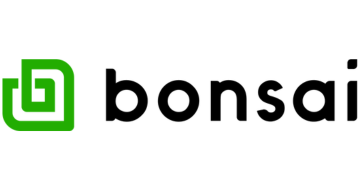
| Starting price | $17/month |
|---|---|
| Pricing model | Per User |
| Free Trial | Yes |
| Free Version | No |
Money management software transforms how individuals and businesses control their finances by automating tracking, budgeting, and reporting processes. These comprehensive platforms eliminate manual spreadsheet management while providing real-time insights into spending patterns, cash flow, and financial health.
Discover our curated list of the best value money management software solutions that offer exceptional value and functionality. Our top picks are industry-leading solutions that can revolutionize the way you handle your finances.

| Starting price | $17/month |
|---|---|
| Pricing model | Per User |
| Free Trial | Yes |
| Free Version | No |

| Starting price | Pay-per-use |
|---|---|
| Free trial | No |
| Free version | No |
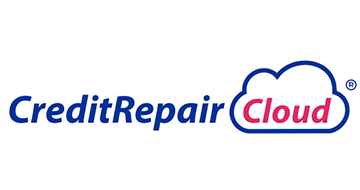
| Starting price | $179 |
|---|---|
| Free trial | Yes, 30 days |
| Free version | No |
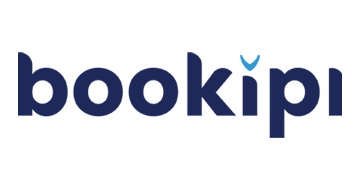
| Starting Price | Free |
|---|---|
| Pricing model | Free |
| Free Trial | Yes |
| Free Version | Yes |
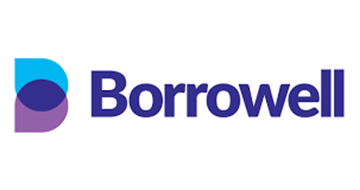
| Starting Price | $10/month |
|---|---|
| Free Version | Yes |
| Free Trial | No |
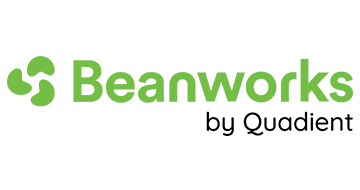
| Starting Price | Contact Beanworks |
|---|---|
| Pricing Model | Quotation based |
| Free Trial | No |
| Free Version | Yes |
Financial control starts with visibility. Money management platforms consolidate bank accounts, credit cards, investments, and expenses into unified dashboards that reveal exactly where money flows. This centralized approach reduces errors, saves hours weekly, and enables data-driven financial decisions.
Modern solutions integrate seamlessly with best accounting software and finance and accounting platforms, creating comprehensive financial ecosystems that scale with business growth.
Leading platforms automatically import and categorize transactions from connected accounts. Smart categorization learns spending patterns, accurately sorting 90-95% of transactions without manual intervention.
Advanced budgeting software capabilities allow users to set spending limits by category, track progress in real-time, and receive alerts when approaching limits.
Predictive analytics project future cash positions based on historical data and planned transactions. This feature proves invaluable for avoiding cash shortfalls and optimizing investment timing.
Comprehensive platforms connect checking, savings, credit cards, investment accounts, and loans in single interfaces. This holistic view enables better financial decision-making.
Customizable reports reveal spending trends, budget variances, and financial progress toward goals. Visual dashboards make complex financial data accessible and actionable.
| Feature | Personal Use | Business Use | Why It Matters |
|---|---|---|---|
| Transaction Automation | ✓ | ✓ | Eliminates manual data entry |
| Budget Tracking | ✓ | ✓ | Prevents overspending |
| Bill Reminders | ✓ | ✓ | Avoids late fees |
| Investment Tracking | ✓ | ✓ | Monitors portfolio performance |
| Multi-Currency Support | Optional | ✓ | Handles international transactions |
| Team Access | No | ✓ | Enables collaboration |
| Advanced Reporting | Optional | ✓ | Supports business analysis |
Individual-focused solutions prioritize budgeting, debt tracking, and goal setting. These platforms typically cost $5-15 monthly and integrate with banks and investment accounts.
Enterprise solutions combine expense management software with comprehensive financial tracking. Features include invoice management, payroll integration, and tax preparation support.
Hybrid platforms serve both personal and business needs through separate interfaces or account types. These solutions offer excellent value for entrepreneurs managing mixed finances.
Effective financial management extends beyond basic tracking. Modern platforms integrate with project management software to track project profitability and HR software for payroll management.
Money management platforms work alongside accounting software for entrepreneurs to provide complete financial pictures. Automated data synchronization eliminates duplicate entry while maintaining accurate records.
Integration with payment platforms streamlines revenue tracking and expense categorization. This connectivity proves especially valuable for businesses with multiple income streams.
Simple personal finances require basic tracking and budgeting features. Complex business finances need advanced reporting, multi-user access, and integration capabilities.
Select platforms that scale with changing needs. Solutions suitable for freelancers may lack features required by growing businesses.
Existing software ecosystems influence platform selection. Choose solutions that connect with current management software and accounting systems.
Financial data requires bank-level security. Look for platforms with encryption, two-factor authentication, and compliance certifications.
Begin by connecting primary checking and savings accounts before adding credit cards and investments. This phased approach ensures accuracy while learning platform features.
Create logical expense categories that align with budgeting goals and tax requirements. Consistent categorization improves reporting accuracy and trend analysis.
Configure automatic categorization rules, bill reminders, and budget alerts. Automation reduces maintenance time while improving financial awareness.
Establish weekly review sessions to reconcile transactions, assess budget performance, and adjust financial plans based on current data.
Use forecasting features to identify optimal timing for large purchases, investment contributions, and debt payments. Strategic timing improves overall financial efficiency.
Set specific financial objectives with target dates and track progress automatically. Visual progress indicators maintain motivation while revealing required action steps.
Monitor spending patterns and account balances to identify potential financial risks before they impact operations or personal finances.
Money management platforms handle sensitive financial information requiring robust security measures. Leading solutions employ:
Review data sharing policies to understand how platforms use and protect personal information. Some solutions sell aggregated data to third parties, while others maintain strict privacy standards.
Money management software pricing varies significantly based on features and target markets:
Consider implementation time, training requirements, and potential cost savings from improved financial management when evaluating options.
AI-powered platforms provide personalized financial advice, predict spending patterns, and identify optimization opportunities automatically.
Regulatory changes enable broader account connectivity and real-time financial data sharing across platforms.
Smartphone-optimized interfaces become standard as users expect full functionality on mobile devices.
Successful money management software selection requires careful evaluation of current needs, growth projections, and integration requirements. Consider these factors:
The right money management software transforms financial chaos into organized, actionable intelligence. Whether tracking personal expenses or managing business operations, these platforms provide the foundation for informed financial decisions and sustainable growth.
By leveraging automated tracking, intelligent categorization, and comprehensive reporting, users gain unprecedented visibility into their financial lives while reducing the time spent on manual money management tasks.